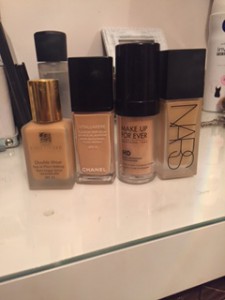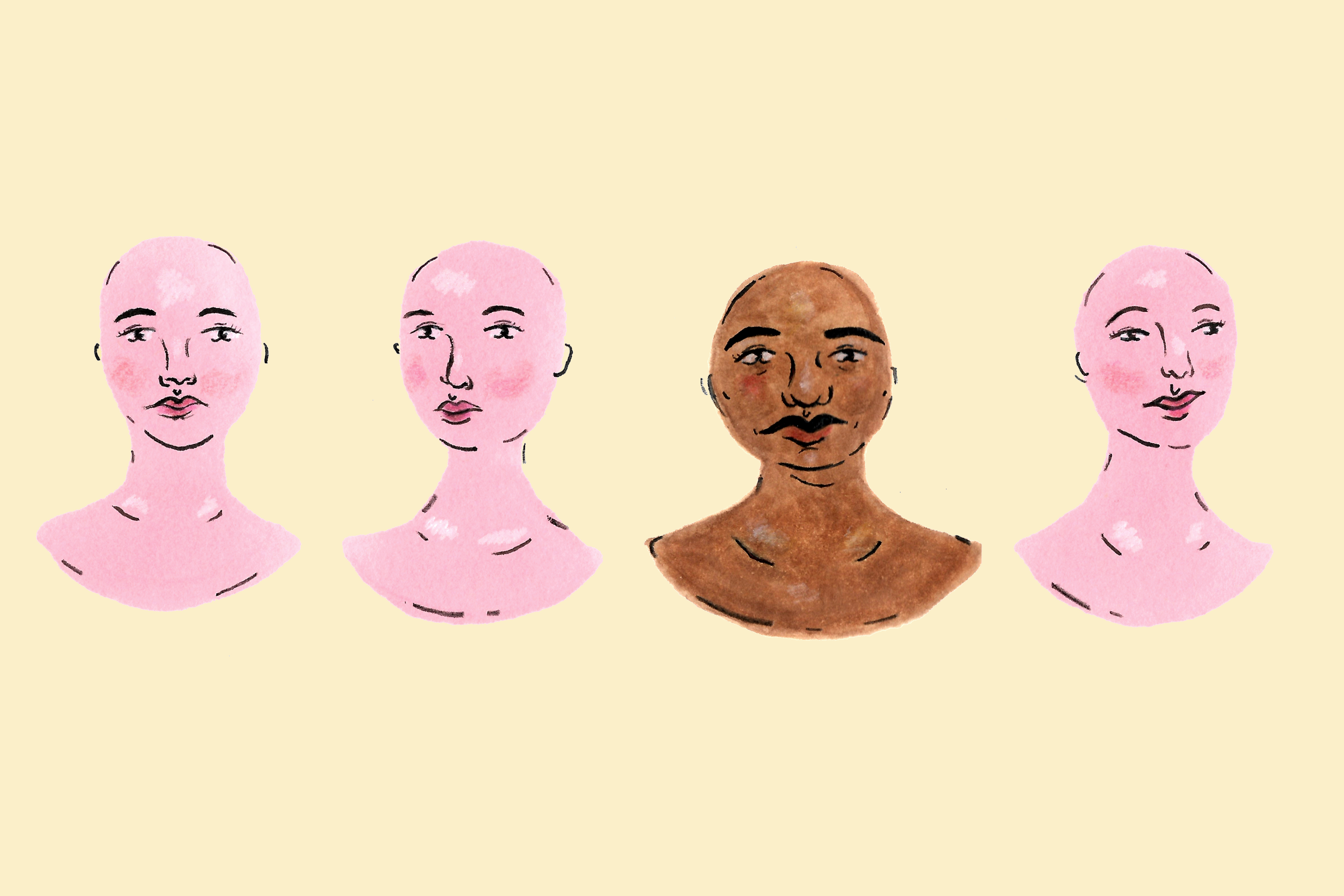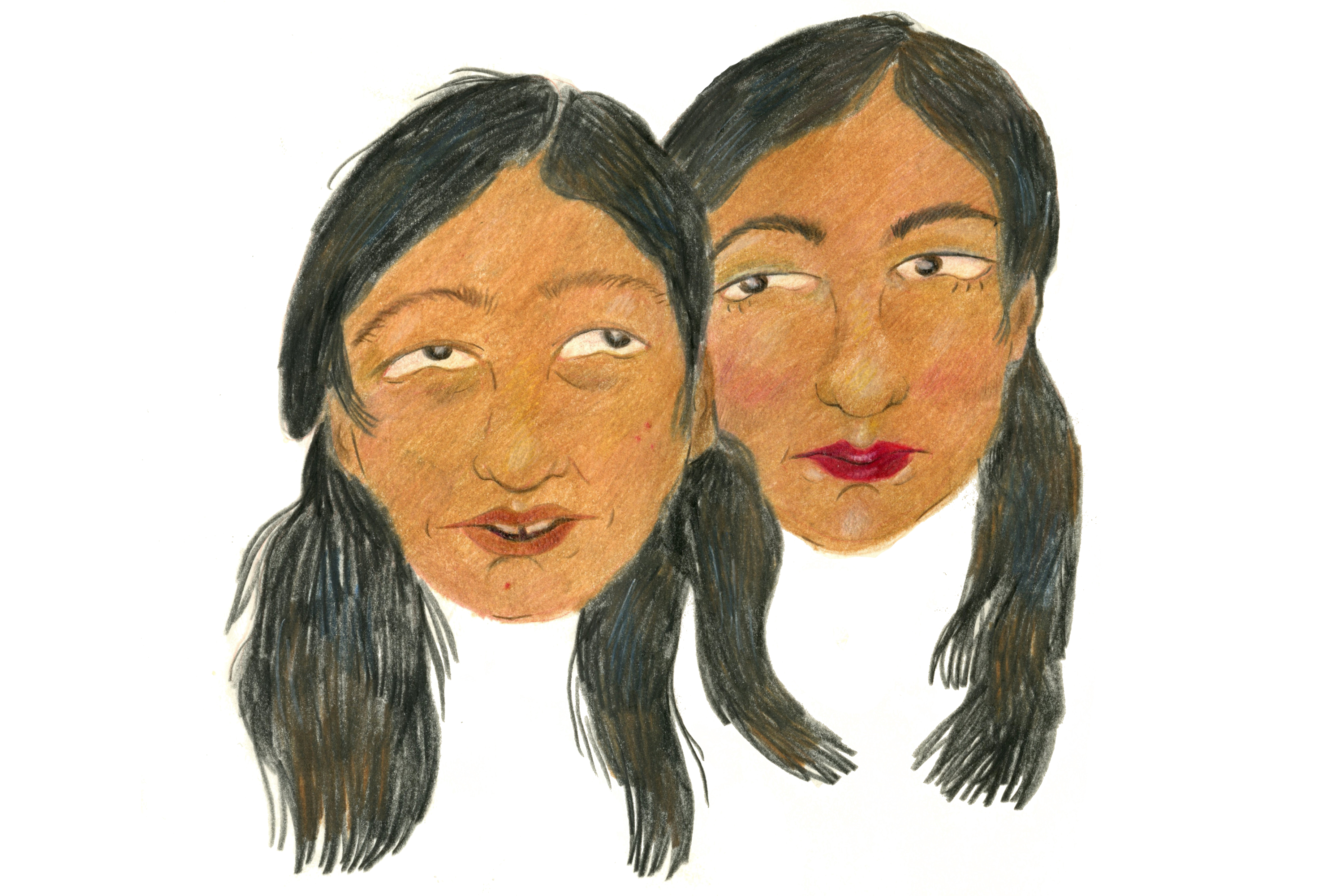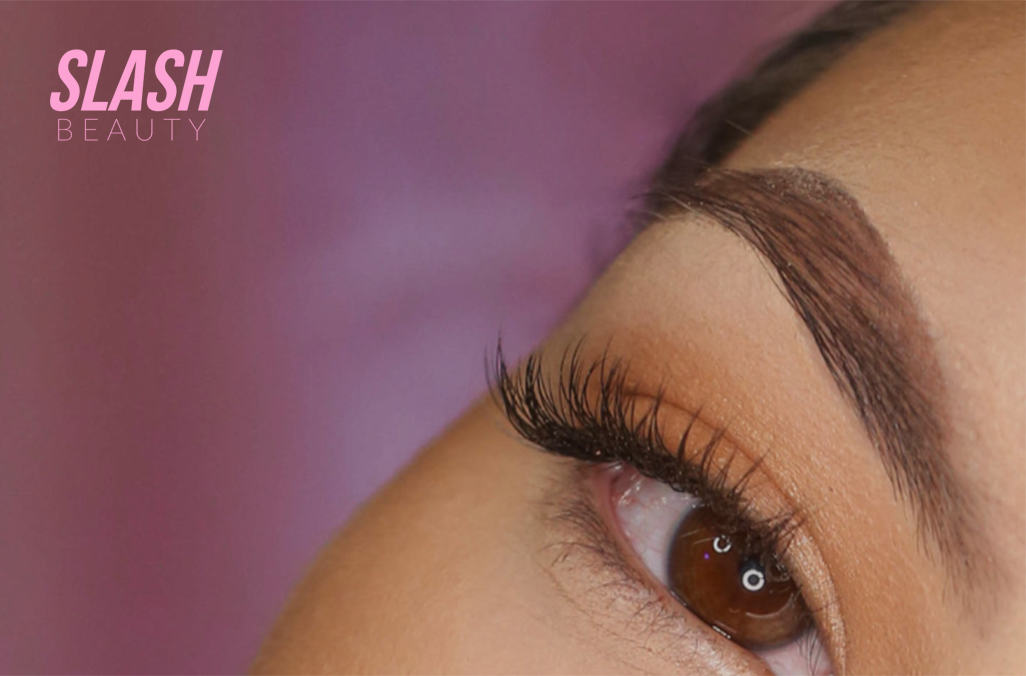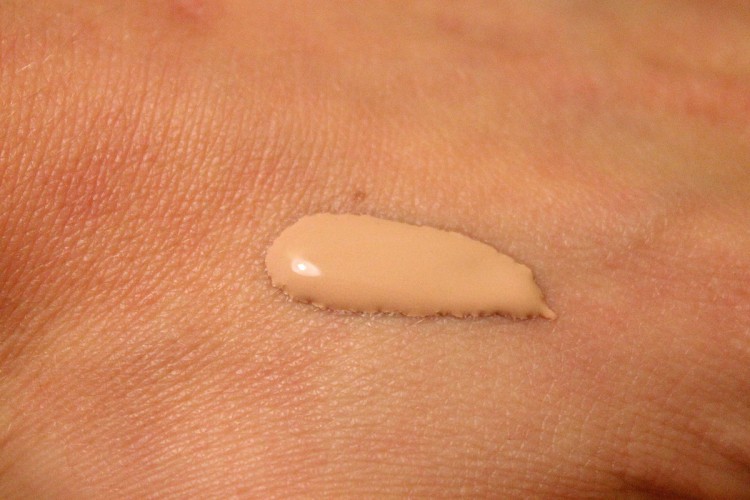
Shopping for foundation that suits darker skin tones is tricky. There are only ever about three shades of brown available and no consideration for whether you’re warm or cool-toned… Are big make-up brands on the high street really telling us there are only three shades of brown skin?
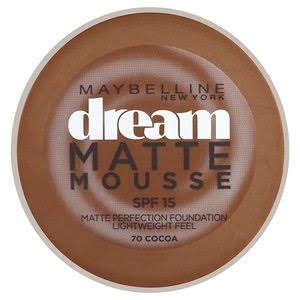 As a self-declared make-up addict, I can honestly say nothing upsets me more than the lack of foundation shades available on the high street. I often find myself having to fork out more than £20 for a decently-matched product, when my lighter friends can so easily go into their nearest Boots or Superdrug and find an adequate colour.
As a self-declared make-up addict, I can honestly say nothing upsets me more than the lack of foundation shades available on the high street. I often find myself having to fork out more than £20 for a decently-matched product, when my lighter friends can so easily go into their nearest Boots or Superdrug and find an adequate colour.
Now, I’m not saying things aren’t better than back in the early 2000s when the only thing I could find was a terribly-matched shade of Maybelline dream matte mousse (literally the worst thing in the world, why was this ever invented?).
Finding good make up for any woman of colour on the UK high street is like finding the Holy Grail. Look at American high street (or drug store) suppliers and you’ll see a massive range of shades of brown catering to every skin tone under the sun. So where is the UK going wrong?
With the growing pressure on women to look perfect becoming so prevalent in younger generations, surely now is the time to ask ourselves why these big brands aren’t catering for darker tones. Look in any magazine and you’ll see that there are a disproportionate number of white models. Don’t get me wrong, they are beautiful girls, but surely this is evidence of the media failing to reflect our multi-cultural society. What happens when the black girl growing up never sees anyone like her in the mainstream media, and when she goes to her local Boots she can’t find anything to suit her skin tone?
The good news is that some brands are getting with the program – for instance, MAC, Lancôme, and Esteé Lauder. These brands have tapped into the enormous potential market created by women of colour.
As highlighted in i-D’s recent documentary on black beauty, this mentality has not yet reached the high street. It’s my hope that in the next few years the British high street might start to resemble the ones that can be found stateside. Until then we, as women of colour, will have to save up for more expensive products or go without.
Any recommendations for good brands that cater for darker tones would be appreciated. Leave your comments below!

